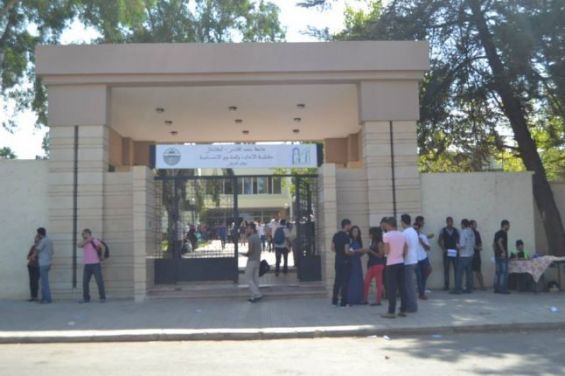The 2020-2021 university year will begin in mid-October, the Ministry of National Education, Vocational Training, Higher Education and Scientific Research announced on Monday.
In a press release, the ministry said that students will have the possibility to choose between remote education or in-class teaching in a small group, noting that the measures to support the tests of the postponed spring session will be implemented as of the beginning of September with a view to closing the 2019-2020 academic year.
In fact, in-class education will be accompanied by a set of preventive measures, mainly wearing face masks inside university areas, the reduction of the number of people in lecture halls and classrooms, as well as the continuous disinfection of training and teaching areas.
The same source noted that the adopted model could at any time be adapted at the level of each public university, or higher education establishment not belonging to the universities, partner higher education establishment or establishment of private higher education, depending on the evolution of the epidemiological situation and changes that may occur in each region.
As for the modalities of the 2020-2021 university year, the ministry stressed that the preregistration of new students has been initiated remotely via the electronic platforms of the universities, noting that the registration will be gradually completed with the simplification of the procedures in force, according to a schedule announced by each university separately.
In addition to the procedures for resuming teaching, the ministry announced that the National Office for University Social and Cultural Works is currently working with the ministry and the competent public authorities in order to define the objective conditions and appropriate formulas for a possible opening of university dorms while taking into account the evolution of the epidemiological situation in each region, said the press release.
The same source also noted that at the level of university institutions with limited access, knowledge and competence will be assessed remotely. For establishments with open access, knowledge and competence will be assessed in-person while increasing the number of examination centers and bringing them closer to students.




 chargement...
chargement...












